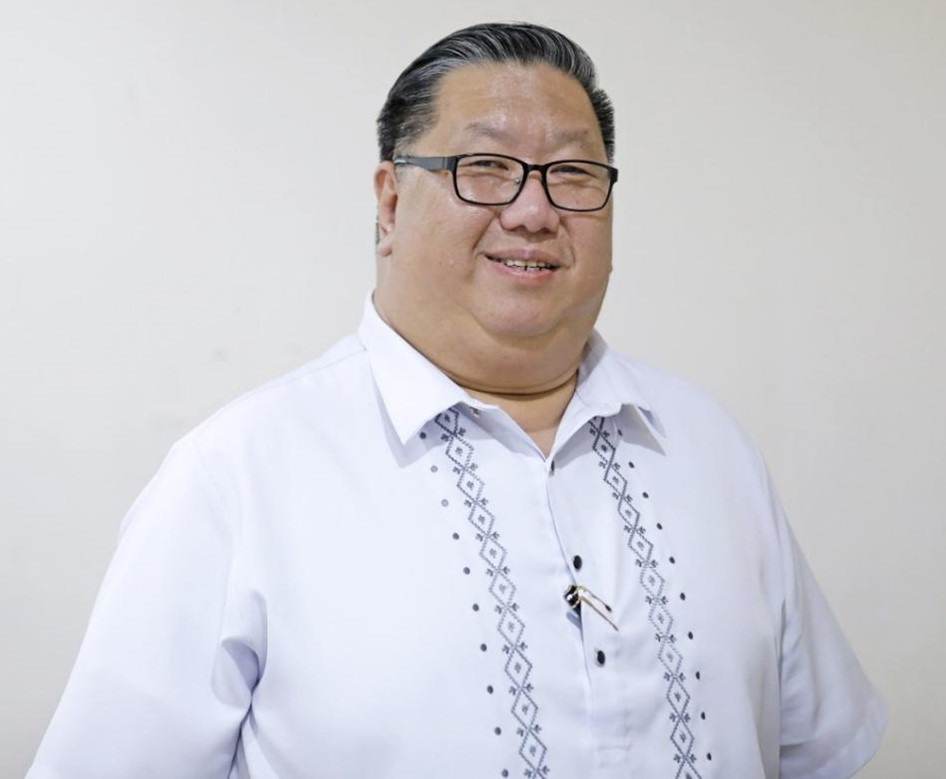FRESH VIEWPOINTS: A NEW PERSPECTIVE
By Brian James Lu
QC vendor business school: in support of ‘nanopreneurs’
Share
Last Feb. 8, Quezon City Mayor Ma. Josefina "Joy" Belmonte launched the country’s first Vendor Business School (VBS), which aims to help market vendors become responsible entrepreneurs.
The program was launched by the local government in partnership with the Consultative Group for International Agricultural Research (CGIAR) Resilient Cities Project, an international research group that aims to strengthen and improve the state of food flow or food systems in major cities around the world to achieve food security.
I view with optimism this project of the Quezon City government for its seriousness, not only in providing livelihood to its QCitizens but also in instilling in them a social responsibility for climate change. The lucky first batch to join the VBS includes 49 public vendors, 60 hawker vendors, and 60 temporary vendors. They will undergo training for six months on entrepreneurship, food safety, market technology, adaptation to climate change, and proper calorie content for their food products.
This effort of the Quezon City government is an answer to the call of President Ferdinand R. Marcos Jr. to support nano businesses. Remember that on the 42nd Summit of the Association of Southeast Asian Nations (ASEAN), the President pushed for recognition and support for nano businesses that remain “unrecognized but are impacting on the everyday lives of the people.” The President also called them “solopreneurs” because they work alone and are not backed by any full-time employees.
It is significant to point out that Quezon City and the City of Nairobi in Kenya are the only cities in the world that have vendor business schools. As a business sector representative in the Quezon City Development Council, I am proud of this moment that the local government is pioneering an entrepreneurial project that can be emulated by local government units (LGUs) here and abroad.
But why focus on nano business? The Quezon City government has its hands full of packages for small businesses. For one, it has the Quezon City Small Business Development and Promotion Office (QC-SBDPO), which offers mentorship to micro and small enterprises and enables market linkage and product development. Among other programs, it has the Pangkabuhayang QC, which provides livelihood training and capital assistance for startup businesses.
Vendors and hawkers belong to the nano business. They are also part of the underground economy, meaning their business activities are unrecorded and not taxed by the government. In Quezon City, as in other cities in Metro Manila, vendors and hawkers exemplify the people’s will for survival. Their day-to-day survival to eke out a living by peddling vegetables and various commodities on the streets is an acknowledgment of their determination. Seeing them run away from clearing operations of the Metropolitan Manila Development Authority and local authorities makes my heart sink every time. How can anyone be so heartless as to confiscate their goods, leaving them empty-handed and without food for that day?
While the number of participants in the vendor business school is minuscule compared to the thousands of vendors and hawkers in Quezon City, it is nevertheless significant, considering that the Quezon City government has its focus on this sector, which comprises a large part of its constituents. The subjects during the six-month course are extensive enough to serve as foundations for a strong business culture that is integrated with climate change adaptation.
I give a thumbs-up on the incorporation of the topic of climate change since few vendors are aware of such issues. One needs to visit a wet market to understand this since most vendors do not follow ordinances on the use of plastic and waste segregation. Climate change adaptation and its concomitant awareness require an understanding of the effects of global warming. It is only through seminars that one can understand this issue, and there are only a handful of vendors who have the privilege to participate in climate change seminars.
Putting up a business requires patience and an understanding of the dynamics of the market. I’m sure that the assistance of the Quezon City government will not stop after the six-month seminar. There have been a lot of nano businesses that have prospered and become categorized as belonging to micro, small, and medium enterprises (MSMEs). The entrepreneurial spirit of the marginalized sector remains. With the help of the local government units and concerned agencies, thousands of families are keeping themselves economically afloat to provide food on the table and other important needs of the family, such as education for their children.
President Marcos was right, though, when he made his impassioned appeal for governments to support nano businesses. A cornerstone of the President’s socioeconomic agenda is the creation of more jobs. Providing a favorable opportunity for those who belong to the nano business already creates jobs and livelihoods for thousands of Filipinos, especially the marginalized. And in doing so, thousands of families will be able to recover economically. Remember that Filipinos are still recovering from the onslaught of Covid-19, and all opportunities are important.
The Quezon City government has effectively shown that local government units can provide a window of opportunity for nano businesses to improve their business acumen and hopefully lead to success. We hope this inspires more LGUs to respond to the President's challenge and uplift the nation's entrepreneurial spirit.
Editor’s note: The opinions expressed in the foregoing article are solely the author’s and do not reflect the opinions and beliefs of the Philippine News Agency (PNA) or any other office under the Presidential Communications Office.
Comments
About the Columnist

BRIAN JAMES J. LU, MMgt, is an entrepreneur, business adviser, government consultant, and is deeply involve in civil society organizations. He advocates good governance, ethical business practices, and social responsibilities. He is the President of the National Economic Protectionism Association (NEPA) and Chairman of the Foundation for National Development (Fonad). His broad experiences in the private and public sectors give him a unique perspective to advance his advocacies.
